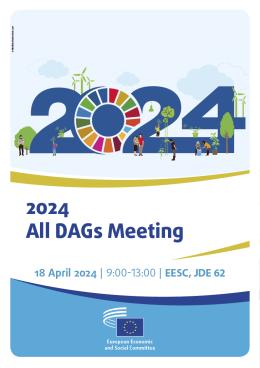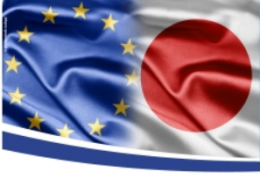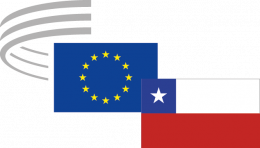European Economic
and Social Committee
Starptautiskā tirdzniecība
International trade is governed by a complex mixture of global rules agreed under World Trade Organization and bilateral and multilateral agreements. The free trade agreements are having a growing impact on citizens' rights. Under the Lisbon Treaty, EU trade policy must be conducted within the framework of the principles and objectives of the Union’s external action, including promotion of the rule of law, human rights and sustainable development.
We believe that this trend should be a guiding principle in EU trade negotiations and in trade relations. The fact that we at the EESC reconcile the positions and views of business, workers, professionals, farmers, consumers and other important stakeholders contributes real added value. We are in a position to efficiently relay the opinions of civil society and interest groups to international policy-makers both during negotiations and in the implementation of trade agreements. We have set up a Follow-up Committee on International trade to ensure that civil society has a say in the shaping of EU trade policy. We are also managing the Domestic Advisory groups set up under the trade and sustainable development chapters of the EU "new generation" trade agreements. These groups, composed of civil society representatives (from inside and outside the EESC) are responsible for identifying trade and sustainable development-related problems in the implementation of a trade agreement.






